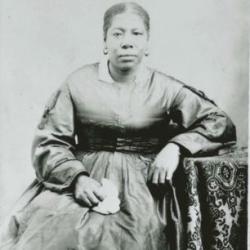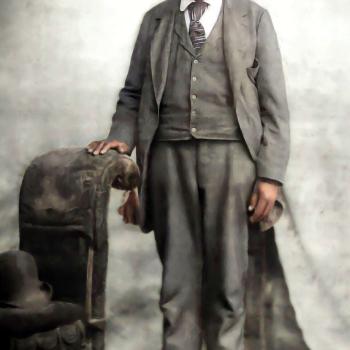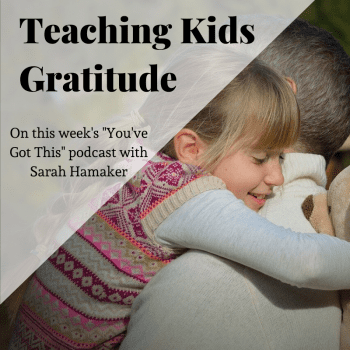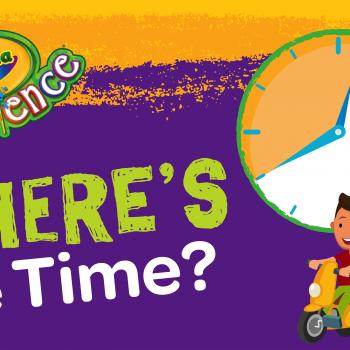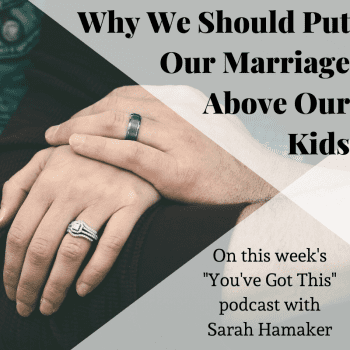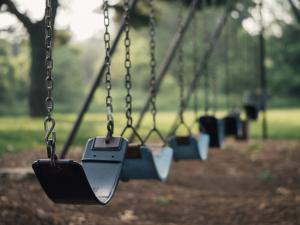
The following is an excerpt from my interview with Janet Carter on my podcast, You’ve Got This.
Today, kids are more scheduled and have less free time—and that can be a hindrance to their brain development. “I’m a big believer in free play and the power it has in preparing a mind to learn,” said Janet Carter, a speaker, writer and a certified John Rosemond Leadership Parent Coach. “We are very much a parenting culture that’s educational driven and academically driven, and activity and achievement driven. I don’t necessarily think those things are bad or wrong, but somehow in the process, leaving a child alone for free play has lost favor.”
She pointed out that many parents are uncomfortable when their child is “just playing,” as if was not important. “I think children were born to play,” she said. “I think play is the seeds in the ground that prepare a child to understand the words they’re going to get hit with later on in school.”
In our family, we value free play, and make sure our schedule has plenty of downtime built in so that our children can play. Free play also helps kids to interact with their peers, and teaches them how to be kind, to resolve conflict, to learn to get along with others, and to share.
But sometimes, kids—those with disabilities and those without—can struggle with peer-to-peer interactions. “A lot of things are resolved with time and maturity,” Carter said. “Parents should take a step back and realize that what’s happening today, is not a foregone conclusion that it will be happening when the child is older. … In my experience, more often than not, the child will figure out how to navigate the situation as he or she matures and grows.”
Part the problem with playtime is that it can become awkward for our children—and we want them to fit in and belong. But sometimes, that’s not possible, whether because of a disability or because a child isn’t mature or thinks differently from the other kids. “We parents jump to the wrong conclusion sometimes because we’re comparing them to other kids when we shouldn’t,” she said. “We also fear that because our child has a diagnosed disability, he or she is doomed for life—and that’s not true. Many times, the people that we admire the most and hold up as examples are the ones who have overcome some problem. But in today’s parenting culture, we want to do all the overcoming for our kids, and in the process, we rob them of the opportunity to rise to the occasion.”
Fear is often the driving force of our stepping in. “We all say we want our kids to be who they are and we champion that until the child steps out of the box and who they are is different from everyone else,” Carter said. “Suddenly that difference becomes a big difference to overcome.”
To hear more great advice and stories from Janet, listen to “Playing to Learn” from “You’ve Got This” podcast.



